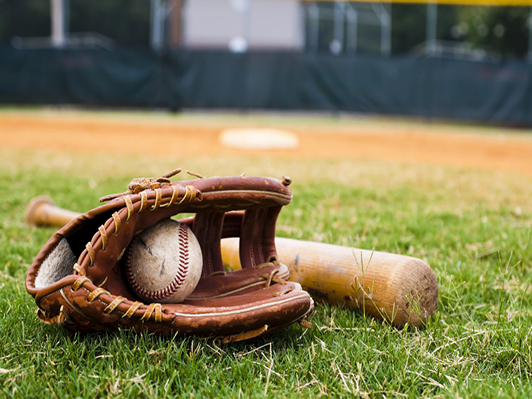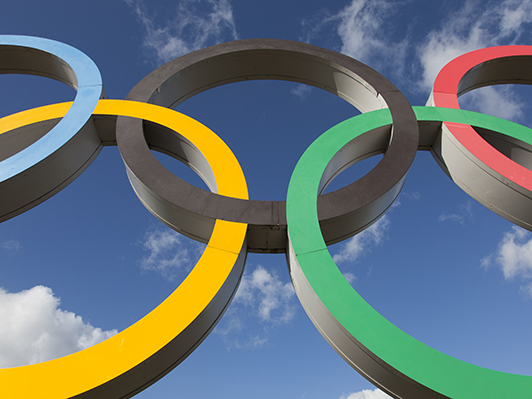
USOPC Announces Hiring of a New Chief Ethics and Compliance Officer and New Audit Standards for its National Governing Bodies
July 29, 2020
Tips for a More Effective Compliance Hotline Program
August 17, 2020Following the recent COVID-19 outbreak within the Miami Marlins baseball team, Major League Baseball (MLB) Commissioner Rob Manfred announced that MLB would be requiring each team to designate a compliance officer. These compliance officers would travel with the teams to ensure that the players and team staff adhere to the League’s health and safety protocols as detailed in its manual for play during the pandemic, including the new rules made by MLB following the Marlins’ outbreak.
While it is not clear if MLB has furnished teams a sample detailed job description for the newly designated compliance officers, their responsibilities are generally to ensure that in-stadium behavior is consistent with the League’s protocols including “wearing of face masks, social distancing and other protocol suggestions.” In addition, the compliance officers are to monitor off-field activities of team staff and players.
In MLB’s original health and safety manual, no specific rules were outlined for players when they are away from the ballpark. However, since the Marlins’ outbreak and following coronavirus positive tests reported within at least one other team, MLB has ramped up its prevention program by making changes in the protocols including:
- Encouraging players not to leave hotel rooms except for games,
- Mandatory surgical masks when traveling, and
- Designation of a compliance officer for each team to ensure that protocols are being followed.
Among other responsibilities, each team’s coronavirus compliance officer is to arrange seating charts on the buses transporting players and team personnel to and from airports and stadiums, and to separate groups likely to run afoul of the 6-ft. social distancing rule.
The compliance officers are given Tier 1 credentialed status given to essential personnel including players, managers, coaches and training staff. MLB expects the compliance officers to submit reports, presumably on teams’ compliance with the protocols and to “monitor hotels.”
MLB’s singular purpose in requiring each team to designate a compliance officer is to ensure the League’s health and safety protocols are strictly followed – the very continuation of the shortened season and the playoffs is dependent on each team’s ability to “control the spread of the virus.” In large part, this responsibility falls on the manager and the newly designated compliance officer. That’s a big responsibility, especially for the novice compliance officers who have the position title, and hopefully a soon-to-be developed job description, but who may lack any specific education and training in ethics and compliance program development. Moreover, there will be very limited opportunities for all “covered” individuals (players, managers, coaches and training staff) to get the needed training on the program due to the ramped-up schedule of games being played almost every day. MLB’s schedule calls for each team’s 60-game schedule to be played within 66 days and now with some teams adding doubleheaders to make up for postponed games, there will be even less time for personnel training.
The unprecedented risk of the spread of the coronavirus has led MLB to develop this fledgling compliance program model for its teams. Only time will tell if it contributes to a successful conclusion of the season. At the close of the season, if the League sees the benefits of each team having its own compliance officer to build a comprehensive program to address all areas of compliance risk, it could establish a compliance resource center as a source for information, education and best practices for all of its teams.


